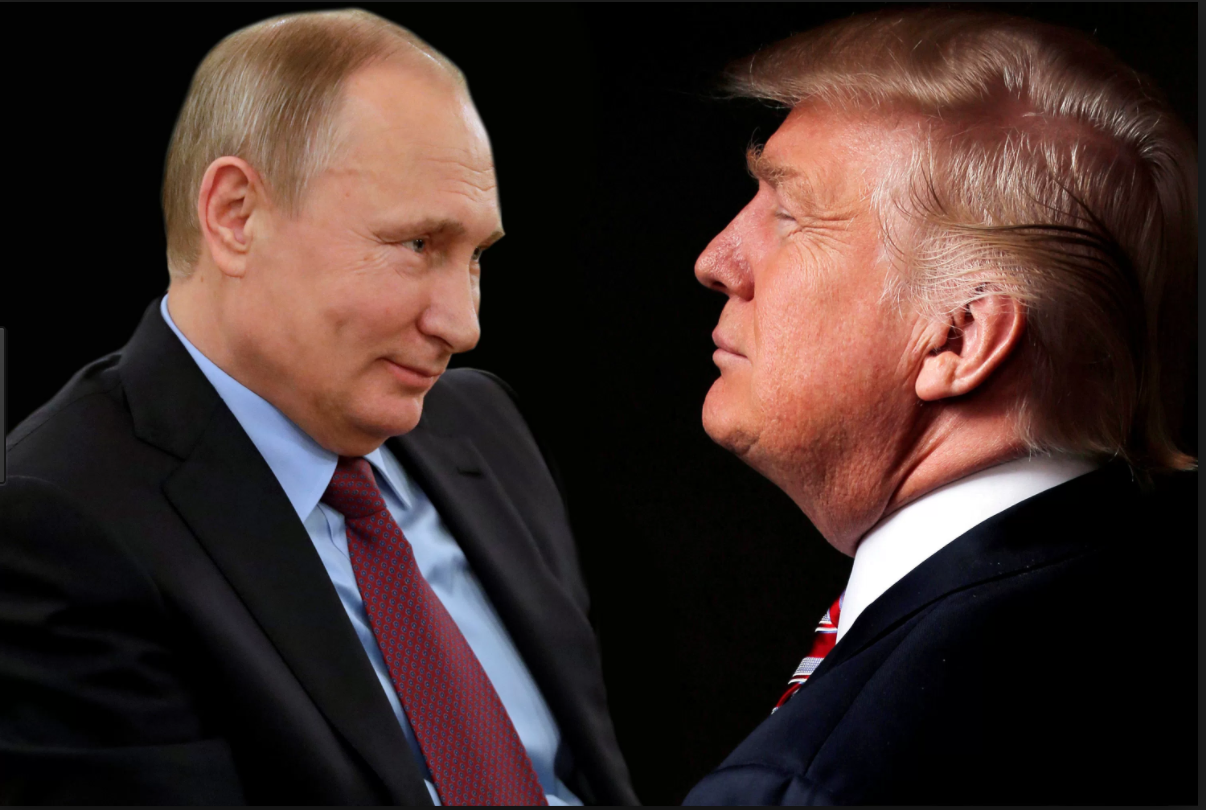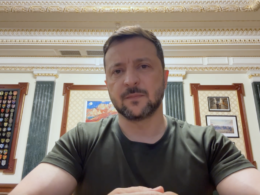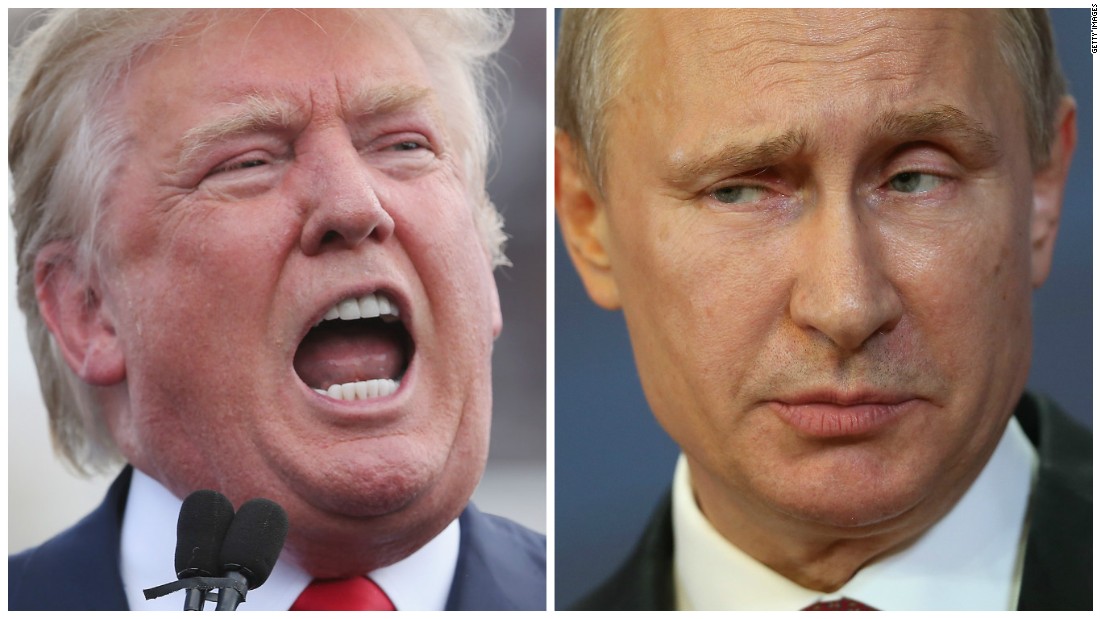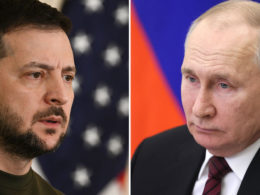Russian president Vladimir Putin is approaching his phone call with Donald Trump on 19 May from a position of strength, as European leaders work to prevent a hasty deal that could favor Russia as its forces slowly advance on the battlefield, according to Bloomberg.
According to a source familiar with Putin's thinking, the Russian president believes his forces can capture full control of four claimed Ukrainian regions by year's end, Bloomberg reports.
"Putin is unlikely to offer any meaningful concessions to Trump," the source told Bloomberg.
This raises concerns in European capitals that Ukraine might be forced to surrender additional territory as Trump pushes for a quick resolution to the war.
During his 2024 presidential campaign, Donald Trump repeatedly promised he could end the war in Ukraine "in 24 hours" upon taking office, a claim he later described as somewhat sarcastic. By April 2025, Trump had set a broader goal of ending the conflict within his first 100 days in office, which have already passed.
"Putin has been emboldened by his ability to make maximalist demands of Ukraine without experiencing any serious pushback from the Trump administration," said Bota Iliyas, a senior analyst at Prism.
Despite international peace efforts, two sources close to the Kremlin told Bloomberg that Putin is prepared for a prolonged conflict if necessary to achieve his objectives. Russia's economy has largely adapted to years of sanctions, with the Kremlin repeatedly stating that further restrictions won't alter Putin's war aims.
"Trump wants Putin to agree to a truce but he absolutely doesn't want to," explained Sergei Markov, a political consultant with Kremlin ties. "But Putin isn't interested in a collapse of the talks. He's trying to maneuver so that these negotiations continue alongside the military offensive."
Europe warns Trump against hasty Ukraine deal
Meanwhile, European leaders are attempting to convince Trump that Putin is being insincere. During a Friday call, German Chancellor Friedrich Merz, French President Emmanuel Macron, and UK Prime Minister Keir Starmer warned Trump about Putin's intentions. Their hope is that Trump will recognize the political risk of forcing an unfavorable agreement on Ukraine.
Ukrainian President Volodymyr Zelenskyy participated in the call but appeared "despondent and exhausted," the official said.
Ukraine and its European allies believed Trump had committed to imposing new sanctions if Putin refused to observe a ceasefire starting last Monday, but this hasn't materialized.
Zelenskyy stated that the US has exerted more pressure on Ukraine than on Russia, despite Ukraine’s consistent willingness to negotiate and make compromises. He emphasized that Ukraine is defending its land and people, not acting as an aggressor, and highlighted that agreeing to a ceasefire without preconditions was a significant concession from Kyiv.
US Special Envoy to the Middle East Steve Witkoff also suggested that Trump’s personal relationship with Putin might lead to a successful negotiation, unlike previous attempts.
Military experts challenge Putin's battlefield confidence
However, Western military experts challenge Putin's battlefield confidence.
"The probability of Russia achieving its objectives of conquering those four regions by the end of this year is very low," said Ben Barry of the International Institute for Strategic Studies.
This skepticism extends to many within the Russian military, according to a source close to Moscow's Defense Ministry, who noted that Ukraine's drone capabilities have made large-scale Russian offensives costly and ineffective.
Ukraine uses millions of small, explosive FPV drones to create a lethal 16-mile-deep kill zone behind the front lines, significantly disrupting Russian military movements and supply routes. These drones, produced in huge quantities by domestic workshops, operate in coordinated “flocks” supported by reconnaissance UAVs and specialized repeater drones extending their range.
Russian territorial gains in Ukraine dropped to their lowest level in five months, with March 2025 seeing only about 203 square kilometers captured compared to 627 square kilometers in November 2024, according to the Institute for the Study of War (ISW).
Currently, Russia controls about 20% of Ukraine’s territory, and ISW estimates that at current rates and casualty levels, it would take over 83 years for Russia to capture the remaining 80%.
US ready to impose 500% tariffs on Russian energy exports
US officials have privately indicated to European counterparts that Trump may allow sanctions legislation prepared by Republican Senator Lindsey Graham to move forward if Russia remains intransigent.
"We've advised the Russians repeatedly now for almost two months that this was coming if no progress was made," Secretary of State Marco Rubio told CBS.
A majority in the US Senate, led by Graham, supports legislation imposing a 500% tariff on imports from countries that continue buying Russian energy, such as oil, natural gas, and uranium, to pressure Moscow into negotiating peace.
This “bone-crushing” tariff targets major Russian energy buyers like China, India, and Iran, which have significantly increased their imports of Russian crude since 2022. The bill aims to cripple Russia’s economy and accelerate peace talks, serving as a key tool for Trump, who has expressed frustration with how the negotiations have stalled.





